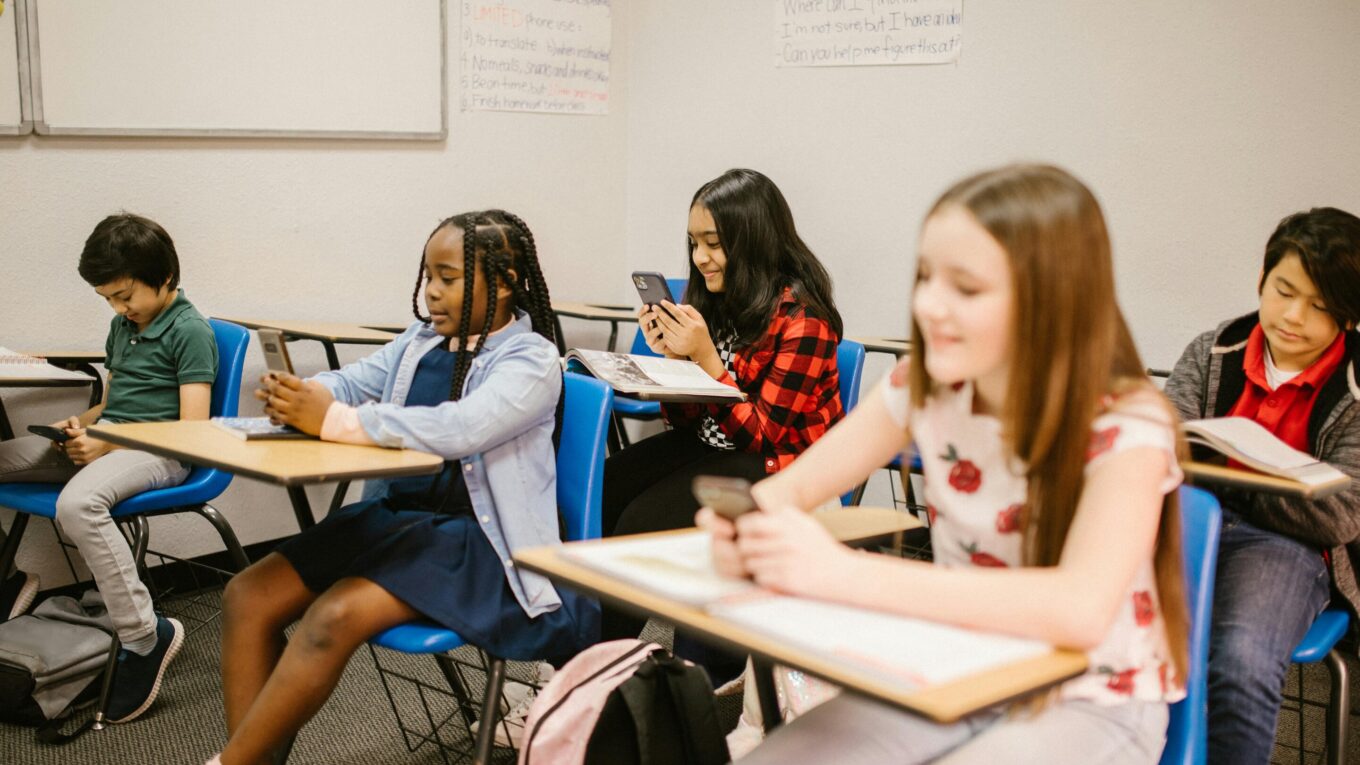Social media use increases depression in preteens, not vice versa, researchers find

As rates of depression and suicide in youth spike, experts are asking whether social media makes kids depressed—or do depressed kids simply spend more time on social media?
A new study provides answers. Researchers at UC San Francisco found that as preteens used more social media, their depressive symptoms increased. Yet the reverse wasn’t true—a rise in depressive symptoms didn’t predict a later increase in social media use.
On average, kids’ social media use rose from seven to 73 minutes per day over the three years of the study and their depressive symptoms went up 35%. The study is published in JAMA Network Open.
The research team, led by Jason Nagata, MD, MSc, associate professor in UCSF’s Department of Pediatrics, examined data following nearly 12,000 kids aged 9 to 10 years and then three years later at 12 to 13. The study is among the first to use within-person longitudinal data, meaning researchers could track changes over time in each child to accurately assess the link between social media and depression.
“There has been ongoing debate about whether social media contributes to depression or simply reflects underlying depressive symptoms,” said Nagata. “These findings provide evidence that social media may be contributing to the development of depressive symptoms.”

While it’s unclear why social media increases depressive symptoms, prior research points to risks such as cyberbullying and disrupted sleep. In fact, Nagata and team just published a separate study in The Lancet Regional Health—Americas looking at the same cohort of participants, focusing instead on the effects of cyberbullying.
The study found kids aged 11 to 12 years who were cyberbullied were 2.62 times more likely to report suicidal ideation or a suicide attempt one year later. Additionally, those kids were also 2.31 times more likely to experiment with a substance (4.65 times more likely with marijuana, 3.37 with nicotine, and 1.92 with alcohol) in the following year.
Increasingly, the youngest generations find themselves facing a catch-22, with growing evidence that social media is associated with depressive symptoms and risky behavior, yet it is also a primary area for them to connect and communicate with friends.
To address this reality, the American Academy of Pediatrics suggests using the tools in its Family Media Plan to create healthier digital habits for both kids and parents.
“As a father of two young kids, I know that simply telling children to ‘get off your phone’ doesn’t really work,” said Nagata. “Parents can lead by example with open, nonjudgmental conversations about screen use. Setting screen-free times for the whole family, such as during meals or before bed, can help build healthier digital habits for everyone, including adults.”
More information:
Jason M. Nagata et al. Social Media Use and Depressive Symptoms During Early Adolescence, JAMA Network Open (2025). DOI: 10.1001/jamanetworkopen.2025.11704
Jason M. Nagata et al, Cyberbullying, mental health, and substance use experimentation among early adolescents: a prospective cohort study, The Lancet Regional Health – Americas (2025). DOI: 10.1016/j.lana.2025.101002
Citation:
Social media use increases depression in preteens, not vice versa, researchers find (2025, May 21)
retrieved 11 June 2025
from https://medicalxpress.com/news/2025-05-social-media-depression-preteens-vice.html
This document is subject to copyright. Apart from any fair dealing for the purpose of private study or research, no
part may be reproduced without the written permission. The content is provided for information purposes only.

